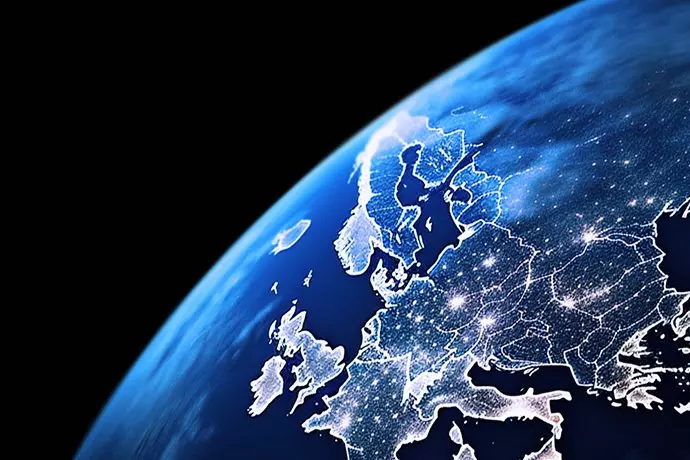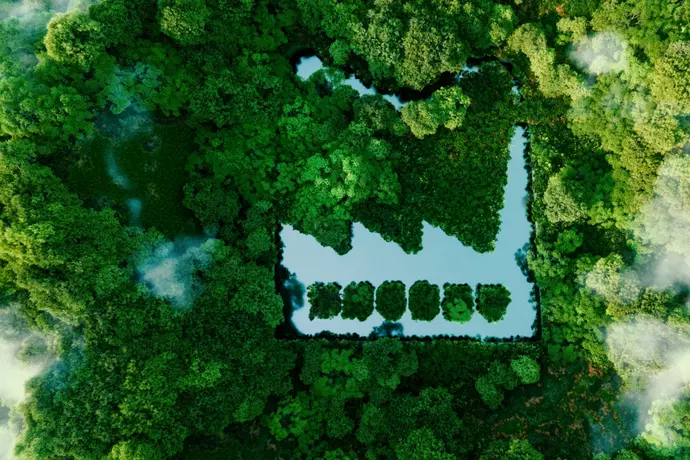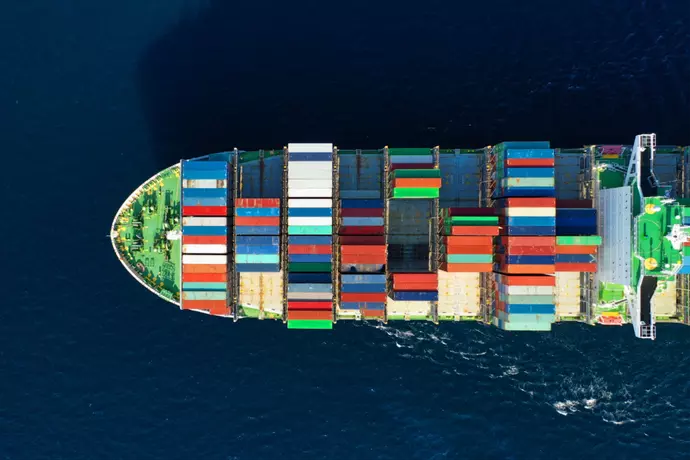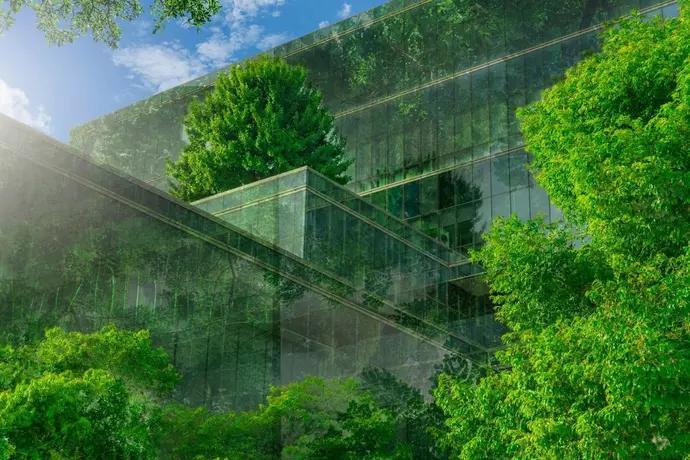
Розвиток технологій у сфері охорони довкілля
На додаток до досліджень і розробок на основі продуктів, компанія Epson орієнтована на розробку нових матеріалів і технологій, які допомагають зменшити вплив на навколишнє середовище. Керуючись нашим принципом, що в основі всіх інновацій має бути вирішення соціальних проблем, нашою метою є відкриті інновації — співпраця за допомогою партнерств для ефективного використання наших запатентованих технологій, продуктів і послуг. Ми маємо за мету просування новаторських біорозкладних і перероблюваних матеріалів та інновацій, включно з пластмасою з біомаси та переробленими порошкоподібними металами.
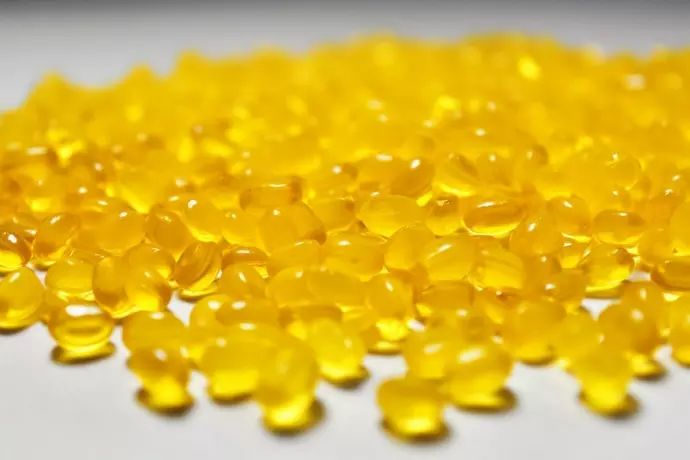
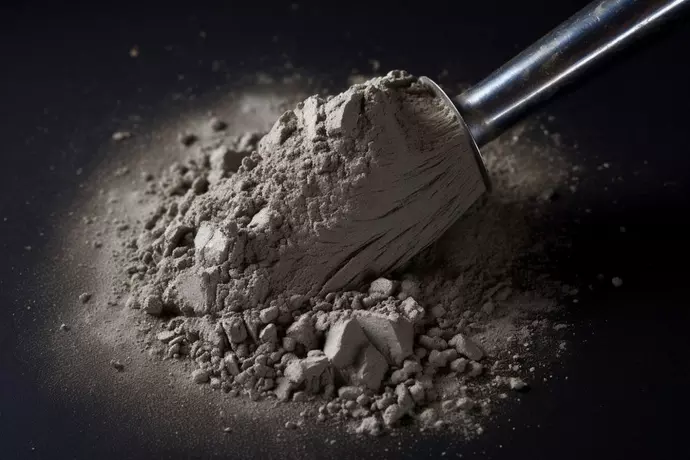
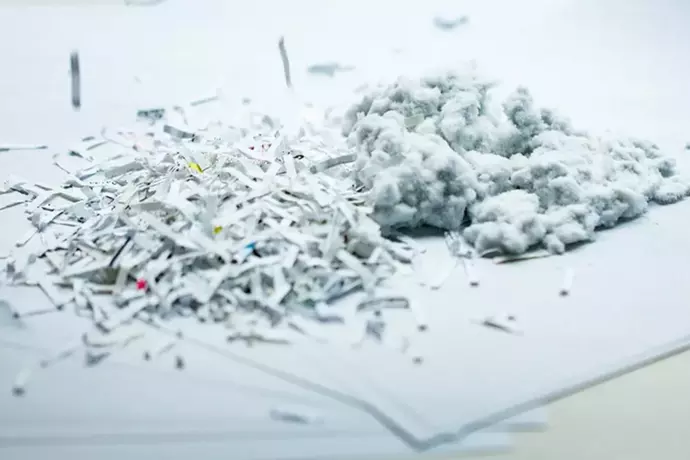
Технологія друку
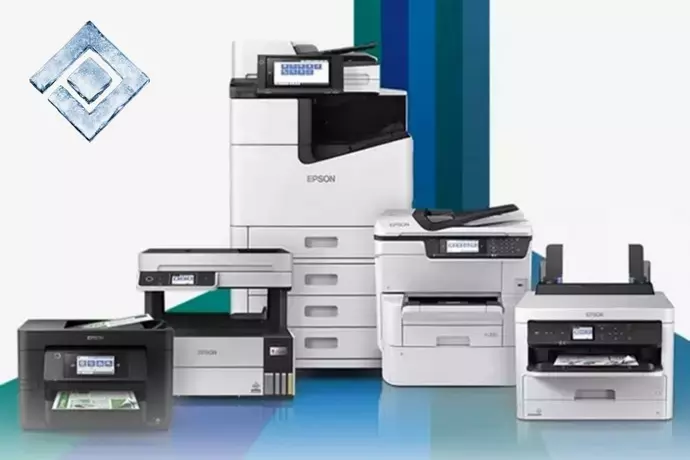
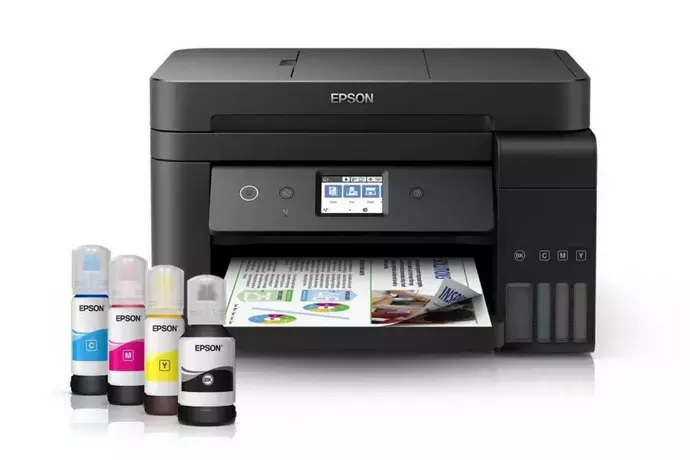
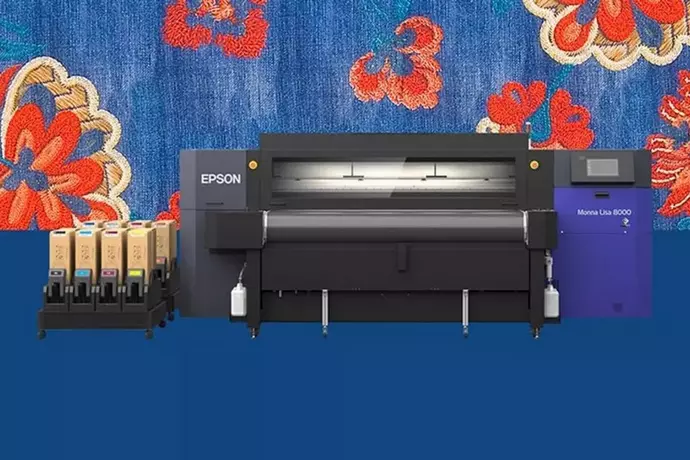
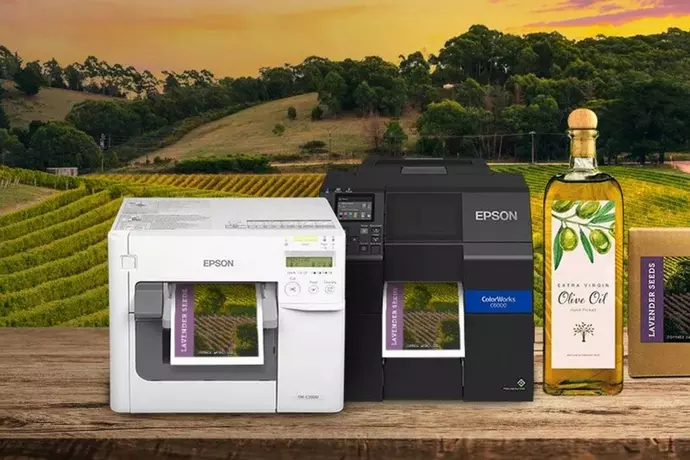
Технологія візуальних комунікацій
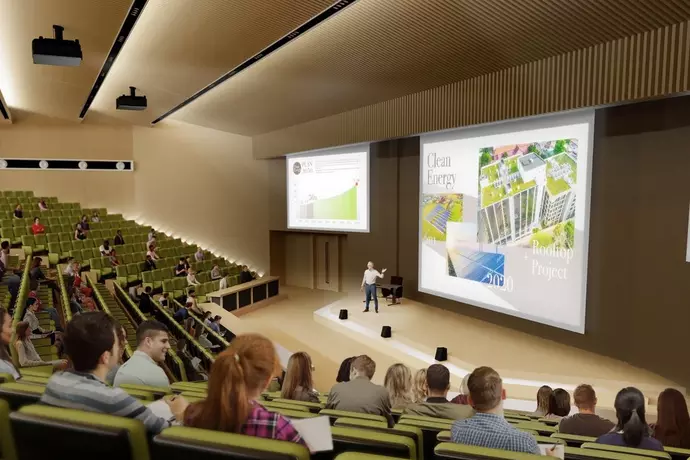
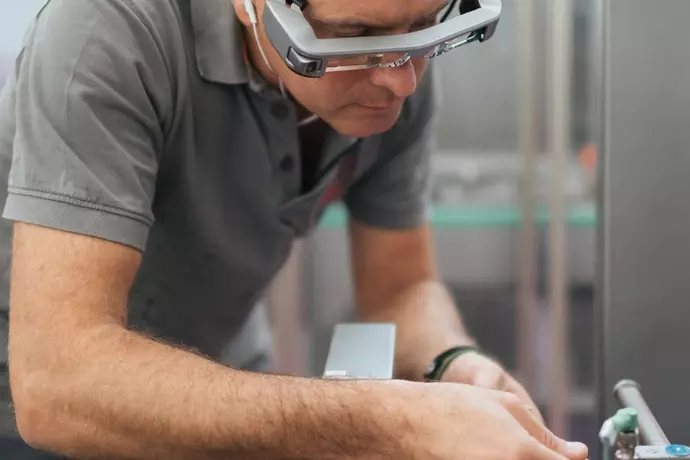
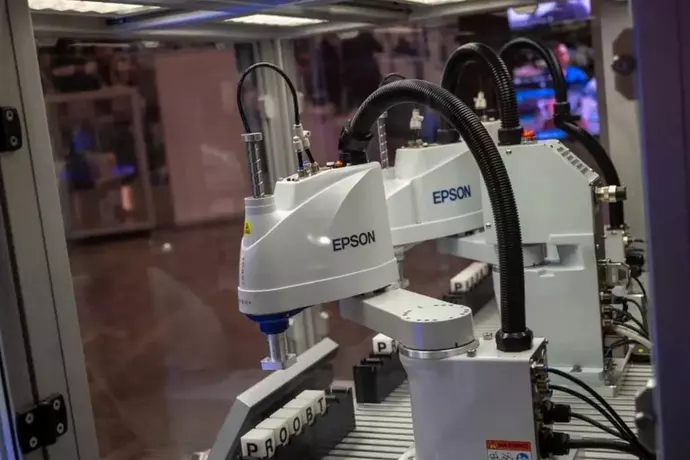
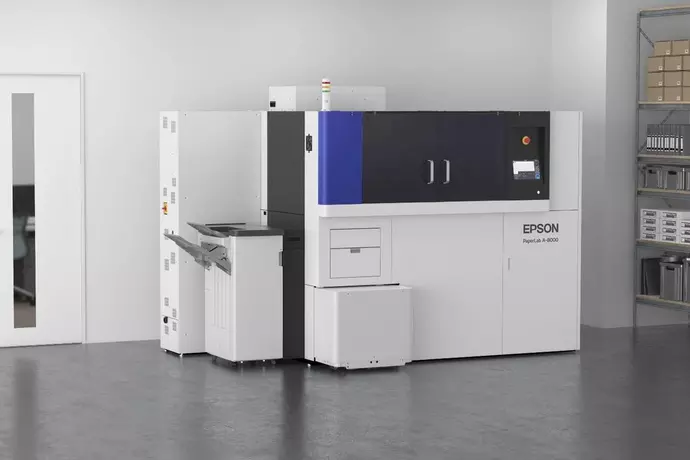
Дізнайтеся більше про сталий розвиток у компанії Epson
1 Сталий розвиток у сфері маркування, травень 2021 р.; звіт Smithers
2 Обчислено з використанням стандартного перетворення 0,233 кг еквівалента CO2 на кВт-год електроенергії.
